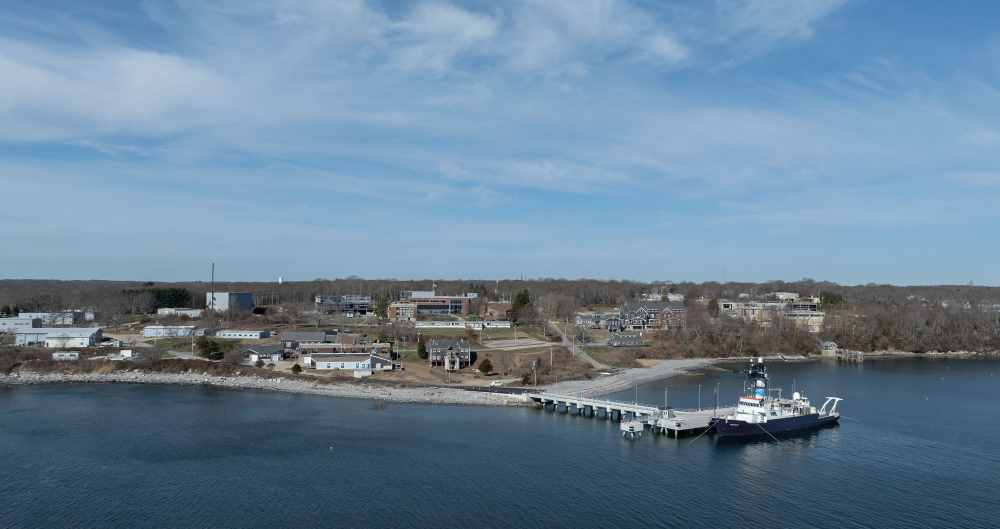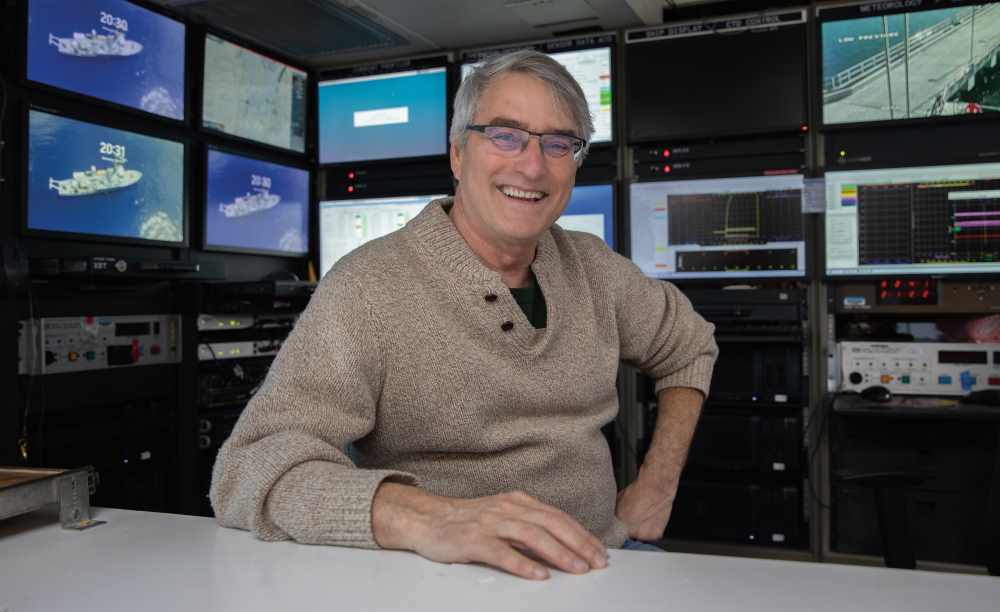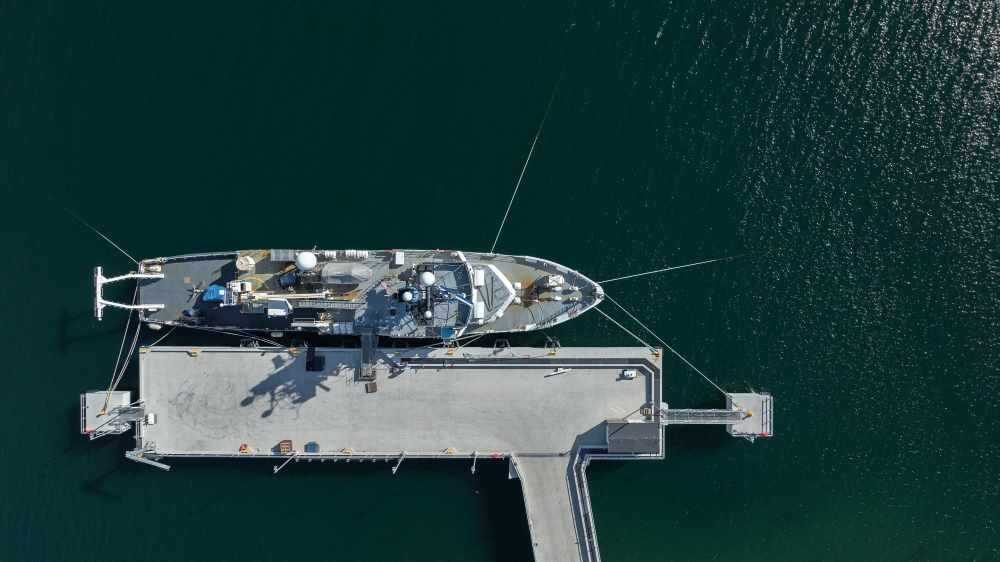By Chris Barrett ’08

The Summer Undergraduate Research Fellowships in Oceanography (SURFO) program is a multi-week research experience designed primarily for undergraduate students studying science, math and engineering. Students travel to the URI Narragansett Bay Campus for the intensive hands-on program.
Throughout the years, 381 students from around the country spent summers researching at URI in the SURFO program. Students studied ocean currents, shark migration, icebergs and glaciers, ocean temperatures, sea turtles, underwater vehicles, hurricanes, marine policy and more.
At least 20 students returned to URI after their SURFO experience for graduate degrees. The same number serve as faculty around the world. Others went on to become researchers, meteorologists and even museum directors.
Oceanography Professor David Smith, who led the program at various times throughout its existence, says SURFO gives students a unique opportunity to solve real-world problems.
“This is real science. Here’s a question. We don’t know what the answer is. We’re going to give you [students] this piece of the bigger puzzle and you’re going to figure it out.”Professor David Smith

For Blake Cross, his time with SURFO meant spending the summer of 2015 mining seismic data to identify patterns that could predict earthquakes in Alaska. Working with Associate Professor of Oceanography Matt Wei, the junior from the Colorado School of Mines waded through myriad data sources he hadn’t known existed just weeks before. It offered him his inaugural – and ultimately only – research opportunity of his undergraduate career.
“I learned a lot about research and had a pretty long leash to pursue the various ways I could approach the problem I was working to solve,” says Cross, now a geophysicist at Condor Consulting in Colorado. “It was a really good taste of what academic research looks like.”
Critically, SURFO introduced Cross to software coding for research. He said he left the fellowship with confidence that someone could pose a research problem and he could map an approach to analyze the data. He took that understanding and presented a poster at a research conference, something he had never done before, and which left him with a tangible achievement on his resume.
Smith, the program director, says that sending students to conferences provides an essential element of the undergraduate research experience. Many students find themselves face-to-face with future collaborators or employers.
“I love the fact we send students to these meetings,” Smith says. “For them it’s the first time they’ve ever been exposed to this environment. Typically, they come back charged up.”

